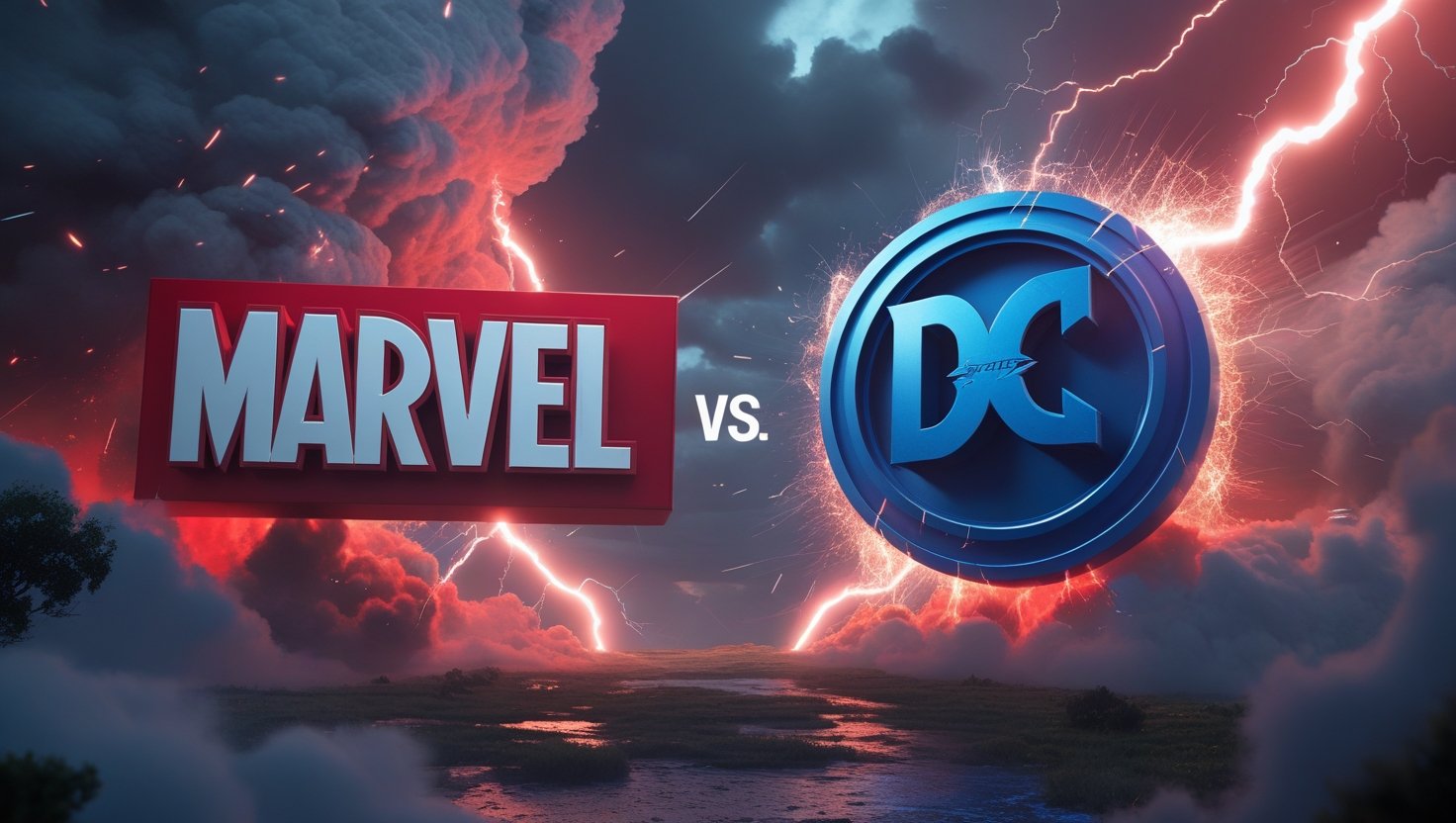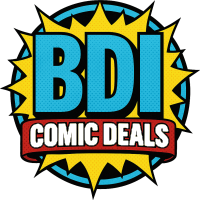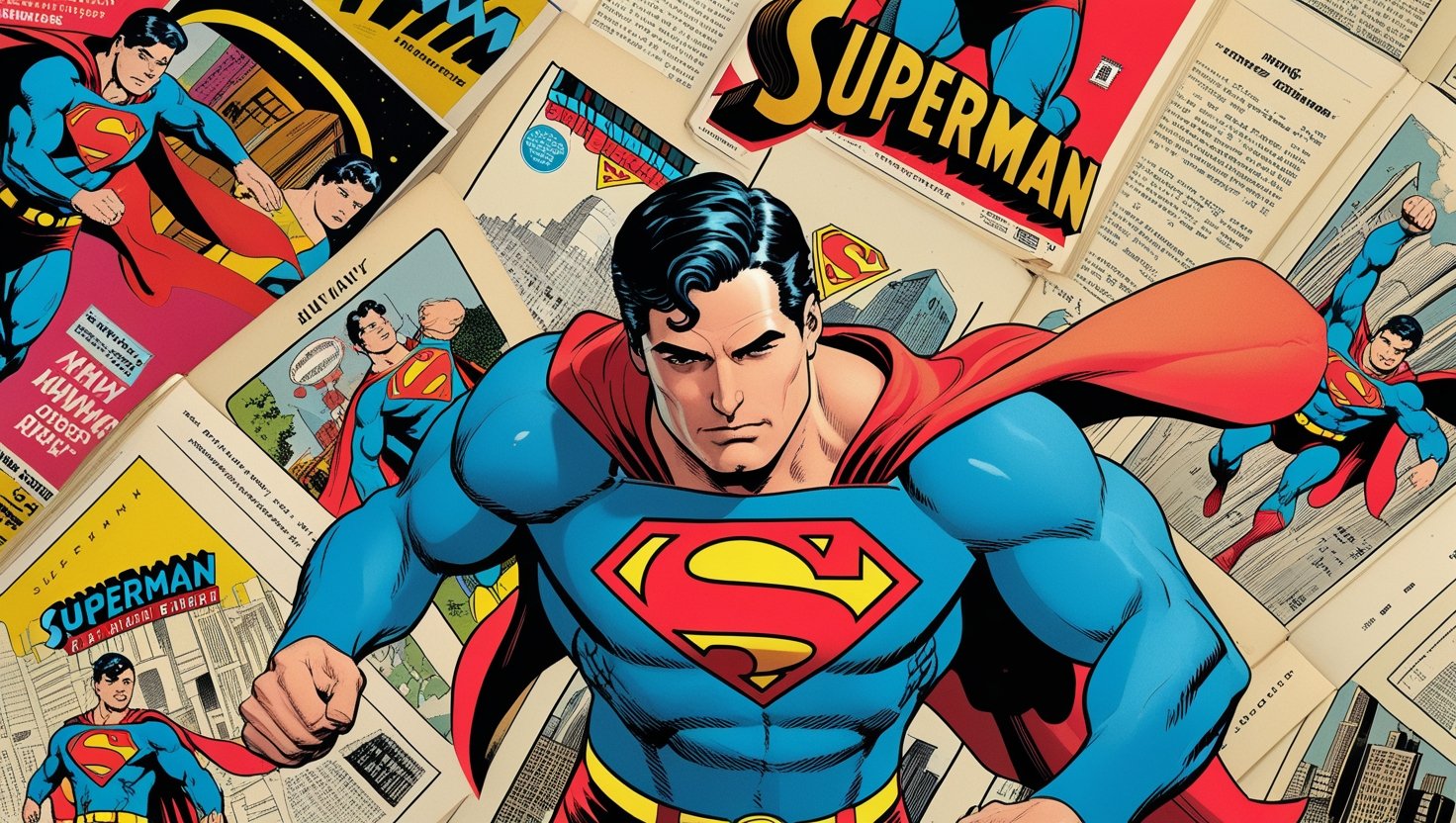
Marvel & DC: The Comic Book Crossover Renaissance—But What About the Silver Screen?
Collider reports that Marvel and DC are set to engage in their first comics crossover in decades, raising questions about whether their cinematic universes should follow suit. The article explores the potential and challenges of such a crossover in the film industry.
The news of Marvel and DC embarking on a comics crossover is nothing short of thrilling for fans who have long cherished the idea of their favorite superheroes sharing the same narrative space. This historic event is a nod to the days when crossovers delighted readers with stories that transcended the boundaries of competing publishers. However, as Collider suggests, the question arises: should the cinematic universes of Marvel and DC follow this path?
The idea of a Marvel-DC film crossover is tantalizing but fraught with complexities. On one hand, a crossover event on the silver screen could potentially become the most significant cinematic event in superhero film history. Imagine a storyline where the Avengers team up with the Justice League to battle a threat so colossal that it demands the alliance of these legendary forces. It's a narrative ripe with potential for character development, epic battles, and the merging of distinct mythologies.
However, the logistics of such a crossover are daunting. Marvel and DC are not just two different cinematic universes; they represent two different corporate entities with their own business models, creative teams, and fan expectations. Coordinating a combined storyline would require unprecedented collaboration that extends beyond the creative realm into the business and legal domains. There are intellectual property rights, revenue sharing, and distribution logistics that would need to be meticulously negotiated.
Moreover, the unique identities of the Marvel Cinematic Universe (MCU) and the DC Extended Universe (DCEU) pose creative challenges. The MCU is known for its interconnected storytelling and lighter tone, whereas the DCEU often embraces darker, more existential themes. Harmonizing these tonal differences without alienating fans of either franchise would be a delicate balancing act.
That said, there are valuable lessons to be learned from the comics world. Comic book crossovers have thrived by respecting the core elements of each universe while finding common thematic ground. For instance, a film crossover could explore universal themes of heroism, sacrifice, and the moral complexities of power—topics both Marvel and DC have explored in their narratives.
For comic collectors and enthusiasts, this crossover in the comic books serves as a reminder of the medium's unique ability to bring together diverse characters and stories. It emphasizes the collaborative spirit that defines the comic book industry, where rivalries often give way to shared creativity for the fans' enjoyment. This spirit could potentially inspire the film industry to find innovative ways to collaborate.
In conclusion, while a Marvel-DC film crossover remains a challenging proposition, the comics crossover is a testament to the enduring appeal of these stories. It’s a celebration of the shared history and mutual respect between two giants of the industry. Whether or not the films will follow suit, this moment in comics is a triumph for fans and a reminder of the limitless possibilities when creativity knows no bounds.
The idea of a Marvel-DC film crossover is tantalizing but fraught with complexities. On one hand, a crossover event on the silver screen could potentially become the most significant cinematic event in superhero film history. Imagine a storyline where the Avengers team up with the Justice League to battle a threat so colossal that it demands the alliance of these legendary forces. It's a narrative ripe with potential for character development, epic battles, and the merging of distinct mythologies.
However, the logistics of such a crossover are daunting. Marvel and DC are not just two different cinematic universes; they represent two different corporate entities with their own business models, creative teams, and fan expectations. Coordinating a combined storyline would require unprecedented collaboration that extends beyond the creative realm into the business and legal domains. There are intellectual property rights, revenue sharing, and distribution logistics that would need to be meticulously negotiated.
Moreover, the unique identities of the Marvel Cinematic Universe (MCU) and the DC Extended Universe (DCEU) pose creative challenges. The MCU is known for its interconnected storytelling and lighter tone, whereas the DCEU often embraces darker, more existential themes. Harmonizing these tonal differences without alienating fans of either franchise would be a delicate balancing act.
That said, there are valuable lessons to be learned from the comics world. Comic book crossovers have thrived by respecting the core elements of each universe while finding common thematic ground. For instance, a film crossover could explore universal themes of heroism, sacrifice, and the moral complexities of power—topics both Marvel and DC have explored in their narratives.
For comic collectors and enthusiasts, this crossover in the comic books serves as a reminder of the medium's unique ability to bring together diverse characters and stories. It emphasizes the collaborative spirit that defines the comic book industry, where rivalries often give way to shared creativity for the fans' enjoyment. This spirit could potentially inspire the film industry to find innovative ways to collaborate.
In conclusion, while a Marvel-DC film crossover remains a challenging proposition, the comics crossover is a testament to the enduring appeal of these stories. It’s a celebration of the shared history and mutual respect between two giants of the industry. Whether or not the films will follow suit, this moment in comics is a triumph for fans and a reminder of the limitless possibilities when creativity knows no bounds.




